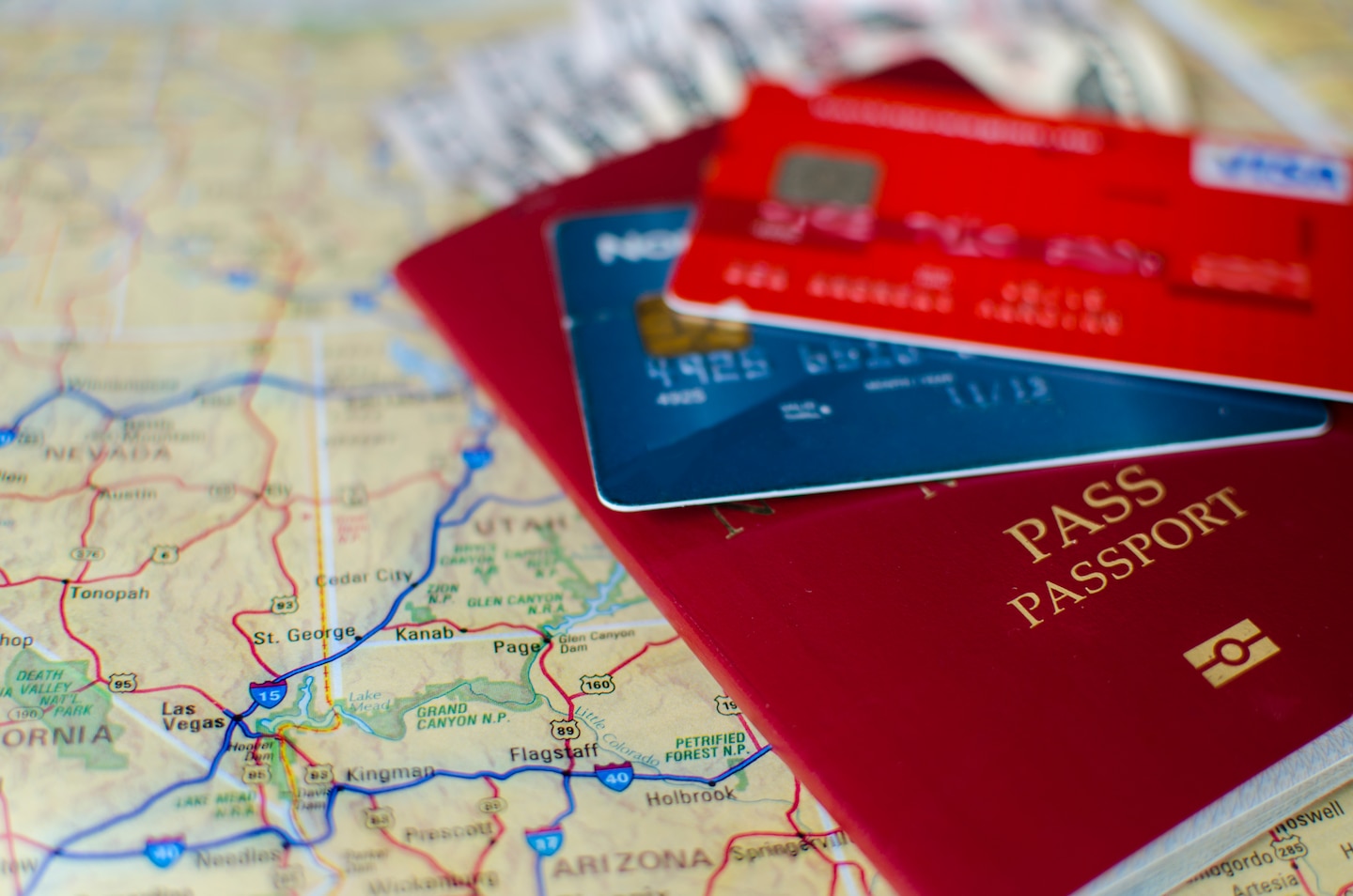How travel loyalty programs are raising the ante while we’re grounded

“Since most people aren’t traveling, it might seem like travel credit card perks have lost a lot of their value,” says Ben Walker, a credit card expert for FinanceBuzz, a personal finance site. “Premium benefits like airport lounge access and annual travel credits aren’t very useful when you’re stuck at home. What’s the point of holding on to a travel credit card right now, especially when it might have a high annual fee?”
There’s a lot at stake. For some businesses, particularly airlines, the loyalty program is the most profitable part of the organization. If the program fails, so could the company.
Telsey, a sales manager from Philadelphia, says the annual fee on his Chase Sapphire Reserve card rose from $450 to $550 in January. Then the pandemic struck. Chase offered cardholders like him a $100 credit if they renewed, but he declined.
“There’s no way I’m going to re-enroll when I’m not traveling for business like I used to,” he says. The primary reasons for having the card, like lounge access and extra points, have vanished. And now, so has his card.
Kinnane, an antiques dealer from Pompton Plains, N.J., is keeping her United Airlines-branded personal and business credit cards — and, with it, her gold loyalty status. She usually flies to Germany every other month, and for her, the cards are worth it. Even now.
But Kinnane says she wasn’t swayed by any of United’s pandemic pitches, like its recent offer to sell miles at half price or a generous triple-miles offer when a card is used for grocery purchases. She’s keeping it because she believes that travel will bounce back soon and that United will be there for her when it does.
“I may occasionally pay a little more to use United, but the excellent customer service is priceless,” she says.
Some changes in travel loyalty programs have been conservative. Enterprise Holdings — which owns the Alamo, National and Enterprise rental car brands — extended the expiration date on points and on elite tiers for National Car Rental’s Emerald Club and Enterprise Rent-A-Car’s Enterprise Plus. It’s also extending the deadline for redemption of days earned through National’s One Two Free promotion through the end of the year.
Patsy Rey, director of loyalty marketing at Enterprise Holdings, says the moves underscore the company’s commitment to its customers. “While travel has waned, customer loyalty has not,” she says.
Other programs shifted their focus away from travel benefits and created promotions that reward everyday purchases.
“With travel volume down, we shifted our strategy to promote non-travel offers such as earning points for future travel with our flower and shopping partners,” says Vicky Radke, senior director for Amtrak guest rewards. Amtrak also began promoting a no-fee co-branded credit card designed to keep members engaged even when they’re not riding the train.
Airlines were more aggressive — some might even say desperate — with their promotions. American Airlines, for example, extended elite status for AAdvantage members through Jan. 31, 2022. It also offered up to $400 in special credits on American Airlines Vacations packages for loyalty program members. And it waived award-reinstatement fees for travel through September.
“American was also one of a few major airlines that offered generous mileage bonuses for people who bought miles in recent promotions,” says Lelah Manz, a senior vice president at Akamai, an Internet services company that monitors travel loyalty programs.
And points-earning credit cards? There, the changes have been dizzying.
Chase Sapphire Reserve members are getting five times the points on up to $1,500 of gas station purchases through the end of September. And points are multiplied by a factor of 10 for subscription fees paid to services like Netflix and Spotify during the same period. Citi Prestige Card’s members can use their annual $250 travel credit at supermarkets and restaurants through the end of the year. Capital One Venture Rewards members can redeem miles as a credit for eligible food delivery, food takeout and streaming services.
Experts say the shift to streaming and food services is a response to “temporal discounting.” “It’s the tendency for people to value immediate benefits more than those off in the distant future,” says Barry Kirk, vice president of strategic services at Maritz Motivation, a loyalty consulting company. “In times of uncertainty, this human default can be significantly intensified.”
But are these offers keeping us loyal? Probably not, experts say.
“In general, loyalty program incentives during this time are actually not working,” says Alex Miller, founder of the loyalty program website UpgradedPoints.com. “At the end of the day, safety is king. Consumers are hesitant to travel, and won’t do so to earn a few more points or credits.”
And loyalty doesn’t always go both ways. Talk to a customer like Edward Gerety. He’ll tell you that all the offers in the world won’t sway him unless a company is willing to reciprocate his loyalty. Gerety, a financial manager who lives in Kaneohe, Hawaii, said he canceled American Airlines tickets to the mainland after a surge in covid-19 cases. “American said it would cost each family member $150 to redeposit our points,” he says. No amount of negotiation would make it budge.
Finally, he emailed several executives at American. A representative called him and waived the fees.
“These airlines will be hunting for bailouts soon,” he adds. “Congress should see this for what it is: private companies profiteering off the American taxpayer during a national emergency.”
Elliott is a consumer advocate, journalist and co-founder of the advocacy group Travelers United. Email him at chris@elliott.org.






